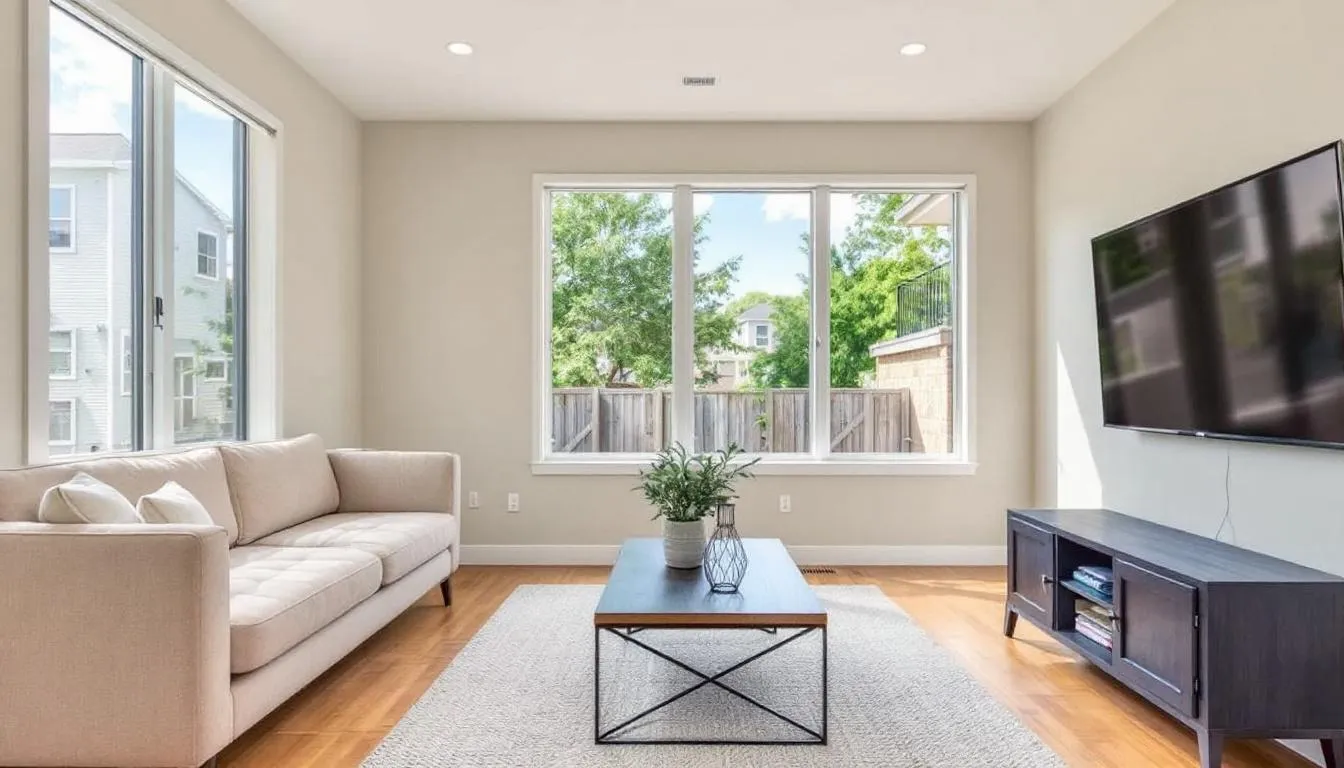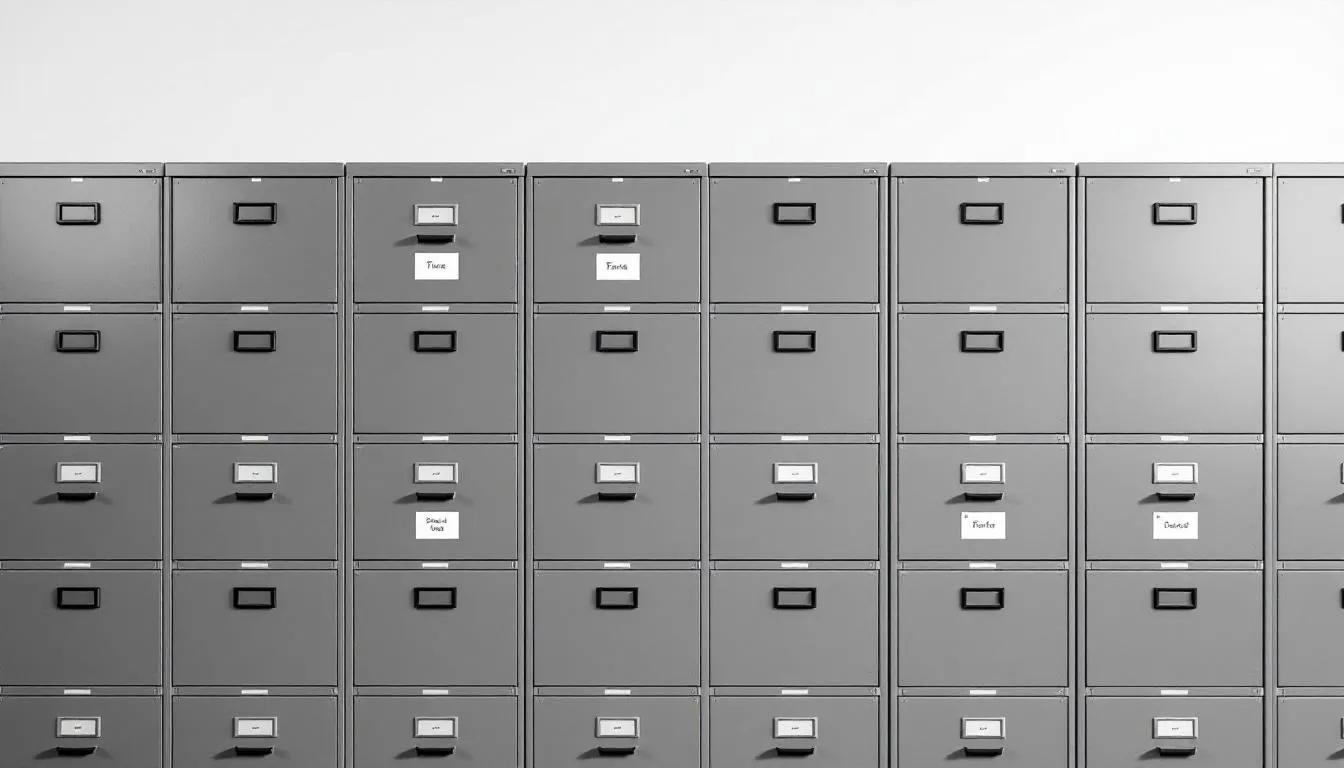The tax rules changed in 2025 and you are now able to take 100% bonus depreciation on residential rental property for specific upgrades and assets. This is a rundown on what you need to know about eligibility requirements, calculation methods and the benefits of bonus depreciation.
The Bottom Line
- Bonus depreciation is a huge deal for real estate investors – it lets you deduct 100% of the cost of eligible assets you put into service in the same year, which really reduces your taxable income.
- With some smart timing on property improvements and acquisitions, you can really supercharge your tax benefits.
Bonus Depreciation for Residential Rental Property – The Basics
Bonus depreciation is a tax incentive that lets real estate investors get back some of the costs of certain properties a whole lot faster. Essentially, it lets you write off 100% of the cost of eligible assets in the first year you put them into service.
This rule came out of the Tax Cuts and Jobs Act in 2017, which let you write off 100% of the cost of qualified properties put into service after that date. The Big Beautiful Bill Act later made it permanent, which was a big win for real estate investors and businesses.
One of the biggest advantages of bonus depreciation is that it lets you free up cash flow and lower your tax bill. When you can write off a big portion of your investment in the first year, you can put that money back into other properties or upgrades, or just save it for later.
But to make the most of bonus depreciation, you need to know the rules inside and out. You need to be familiar with the tax code and know what qualifies and what doesn’t. This includes understanding which assets qualify, what depreciation method to use, and how to report it all correctly.
With that foundation in place, let’s move on to the eligibility criteria for claiming bonus depreciation on residential rental properties.
What Qualifies for Bonus Depreciation on Residential Rental Properties
For bonus depreciation to work, the property itself has to have a short life span – 20 years or less. That means only specific assets with a shorter useful life qualify, such as certain upgrades and fixtures. And only eligible property used in an income producing activity – like rental real estate – qualifies for bonus depreciation.
Land improvements are also eligible for bonus depreciation, which is a big deal. This includes things like landscaping improvements, parking lots, and other non-structural upgrades that add value to your rental property.
Before you can get bonus depreciation, you need to verify that your assets meet these criteria. The recovery period and when you put the asset into service are critical factors in determining eligibility, and you need to use the right depreciation method for the assets you placed into service during the tax year. If your property and its upgrades qualify for bonus depreciation, you’ll get some big tax benefits and improved cash flow.
Next up, we’re going to talk about the specific components of a property that qualify for bonus depreciation.
What Components of a Property Qualify for Bonus Depreciation
When it comes to bonus depreciation, it’s not the residential rental property itself that qualifies, but the components and upgrades within it. This means you can get significant tax savings on specific elements of the property, rather than the whole thing. Qualified improvement property, such as interior upgrades to nonresidential buildings, may also qualify for bonus depreciation if they meet IRS requirements.
Qualified property components include personal property and land improvements. Personal property eligible for bonus depreciation includes things like appliances, carpeting, and furniture, which typically have a shorter useful life. You can write off these items in full in the first year you put them into service, which is a huge tax benefit. Interior upgrades can also qualify as qualified improvement property, if they meet certain criteria, which means you can get even more bonus depreciation opportunities.
Land improvements, like landscaping and parking lots, are eligible for bonus depreciation if they have a useful life of 15 years. This means you can take advantage of faster write-offs for these upgrades, which further reduces your taxable income.
Real estate investors can really maximize their tax benefits by conducting cost segregation studies to identify qualifying assets within their properties. These studies help break down the property into its components, so you can be sure you’re properly accounting for and depreciating all eligible items. Identifying qualified property acquired and accurately allocating depreciation expense can really put a big dent in your tax bill.
How to Calculate Bonus Depreciation
Calculating bonus depreciation starts with knowing the current bonus depreciation rate, which is currently 100%. This means you can calculate bonus depreciation for the entire cost of eligible assets in the year you put them into service.
To claim bonus depreciation, you’ll need to file the right tax forms, like Form 4562, and make sure the assets qualify under IRS rules. Just keep in mind that the rules and percentage for bonus depreciation can change across different tax years, so it’s a good idea to double-check the requirements for each year before you file.
Determining Depreciable Basis
When figuring out the depreciable basis on a property, you’ve got to consider all the changes that happened to its value from the time you bought it till it got put into service. The way you get this basis right is key to making sure your depreciation deductions are on track.
The adjusted basis is what you get after you’ve made all the changes to the property’s basis from the time you bought it till it was put into service. This can mean adding on the costs of any improvements you made to the property. To get it right you need to include the original cost of the property, plus costs of any upgrades.
Some of the costs that go into the depreciable basis of a property improvement are things like:
- Direct costs
- Associated expenses
- Permits
- Architect fees
The TCJA’s Impact on Bonus Depreciation
The Tax Cuts and Jobs Act brought some big changes to how people who own rental property can use bonus depreciation. One of the main changes was that people now have the chance to deduct a big chunk of the purchase price of qualified property right away, rather than spreading it out over a lot of years. This has made a big difference to real estate investors, especially those who own residential rental property.
The TCJA also changed what counts as qualified property. Now it includes more kinds of tangible personal property like office furniture, appliances, and some kinds of equipment used in rental properties. This means that people who own rental property can now deduct the cost of these things right away, which can really help with their tax bill.
For people who are investing in real estate, the TCJA’s changes to bonus depreciation have made it more attractive to invest in residential rental properties. Being able to immediately deduct the cost of things that you put into your property can really reduce your taxable income. The TCJA’s changes have also made it easier for people to reinvest in their properties and grow their real estate portfolios.
How Cost Segregation Studies Can Help
Cost segregation studies are a powerful tool for people who own rental property and want to get the most out of their tax benefits. By doing a cost segregation study you can break your property down into all the different kinds of things it’s made of (like land improvements, building systems, and personal property) and figure out how long each one of those things should be depreciated.
By doing it this way, you can take a bigger portion of the property’s cost in the early years, which means you get bigger tax savings right away. This is especially good for people who own properties with lots of high-value improvements or a lot of personal property, because those things can often be depreciated in a shorter amount of time.
Cost segregation studies are a great way for people who own rental property to unlock some big tax benefits, reduce their overall tax bill, and then use the money they saved to reinvest in their properties.
Tax Benefits of Bonus Depreciation
One of the best things about bonus depreciation is that it lets you take a big first-year deduction and then smaller amounts in the years after that. This means you can get a big tax benefit right away, and use that to reinvest in your properties.
Getting a big tax deduction right away can really help your cash flow, so you can keep investing in more properties. Bonus depreciation can also create a situation where you have a net operating loss, which means you can carry that loss forward to offset future income.
Overall, bonus depreciation is a great way to minimize your taxable income and get more after-tax cash flow. It’s especially good for people who are using strategic asset acquisition to grow their investments.
How Rental Income Gets Taxed
Rental income from property is taxable, and it’s really important to get it right on your tax return. If you’re managing a lot of properties or properties with both personal and rental use, it can get pretty complicated.
But there are some other things you can do to reduce your tax bill. For example, you can deduct things like mortgage interest, property taxes, insurance, repairs, and operating costs. And one of the best deductions out there is depreciation, which lets you recover the cost of your rental property over time.
Depreciation can really help reduce your taxable income, which means you can save a lot of money on taxes. To make sure you’re getting all the tax benefits you can, it’s a good idea to work with a qualified tax professional who can help you navigate the complexities of rental income taxation.
Opting Out of Bonus Depreciation
Taxpayers have the option to elect out of bonus depreciation for any qualifying property class, providing flexibility in tax planning. Key points include:
- They must include a specified statement with their timely filed tax return.
- Documenting the choice to forgo the special depreciation allowance on the tax return ensures compliance with IRS regulations.
- This documentation helps avoid issues during audits or reviews.
Once the election to utilize the Alternative Depreciation System (ADS) is made, it cannot be reversed. Taxpayers should carefully consider this decision and consult with a tax professional to determine the best course of action.
Electing out of bonus depreciation offers strategic advantages depending on the investor’s specific tax situation. With this understanding, we can now discuss the importance of tracking improvements and expenses.
Tracking Improvements and Expenses
Maximizing your deductions on rental property means keeping accurate records of the improvements and expenses you put into the property. Proper documentation helps you capture all the costs you’re eligible to claim, and will also help you avoid any issues with the IRS down the line.
It’s especially important to keep track of those final payments – like advance rent or security deposits that you can apply as rent. And it’s worth noting that any improvements you make to the property need to be properly documented, too – after all, your tenants might be able to claim some of those costs as a write-off.
Properties managers have a range of tools at their disposal to help track all these costs and expenses, including software that makes it easy to digitize receipts and keep records up to date. And with the right tools, you can even use data to get a better sense of where your business is at financially – all of which can help you make better decisions.
Keeping accurate records and using property management software can also help reduce the risk of audits and make sure your tax filings are accurate.
Using these tools can really simplify the process of tracking expenses and help you make the most of the tax benefits available to real estate investors. Now, let’s take a look at the key points we’ve covered so far.
State Regulations on Bonus Depreciation
While the federal tax code provides clear guidelines on bonus depreciation, state tax laws may differ significantly. Many states choose to “decouple” from the federal bonus depreciation rules, meaning they do not conform to the federal treatment of bonus depreciation. This decoupling can affect how rental property owners calculate their state taxable income and the deductions they can claim.
States that conform to the federal Internal Revenue Code generally allow the same bonus depreciation deductions as the IRS. However, in states that decouple, rental property owners might have to add back the bonus depreciation amount to their state taxable income, effectively disallowing the deduction at the state level. This can increase the state tax liability despite the federal tax benefits.
Because of this variability, it is crucial for property owners to understand the specific tax laws in their state and how they interact with the federal bonus depreciation rules. Consulting with a tax professional familiar with both federal and state tax codes can help maximize deductions and avoid unexpected tax burdens.
Additionally, some states offer their own incentives or modified bonus depreciation rules that may provide substantial tax benefits to real estate investors. Being aware of these state-specific provisions can help property managers and rental property owners optimize their overall tax strategy.
Summary
Understanding bonus depreciation can make a big difference to the financial health of your rental property investments. By accelerating those depreciation deductions, you can reduce your tax bill and improve your cash flow.
Key points we’ve covered include the requirements for taking advantage of bonus depreciation, identifying the types of property that qualify, and how to report those deductions on your tax return. Of course, working with a tax professional is key to getting the most out of these benefits.
In short, mastering the ins and outs of bonus depreciation can have a real impact on your investment returns, and by following the guidelines outlined here, you can make sure you’re getting the most out of your tax benefits.
Frequently Asked Questions
What is bonus depreciation, and how does it benefit real estate investors?
Bonus depreciation is a special provision that lets you write off a significant portion of the cost of eligible property in the first year, which can give you an immediate tax break and help improve your cash flow.
What types of property components qualify for bonus depreciation?
Qualified property includes things like personal items, land improvements, appliances, carpeting, landscaping and even parking lots – as long as they have a useful life of 20 years or less.
How do I report bonus depreciation on my tax return?
You’ll need to use IRS Form 4562 and make sure you include all the necessary details – such as the cost of improvements and the date the asset was put into service.
What should I consider if I want to elect out of bonus depreciation?
If you decide you don’t want to take advantage of bonus depreciation, you’ll need to include a specific statement with your tax return, and keep in mind that the decision to use the Alternative Depreciation System (ADS) can’t be undone – so make sure you’re thinking carefully before you make that choice, and get some advice from a tax professional.
____________________________
For more information about the tax and accounting services we provide, visit our Home Page! The friendly CPAs, Enrolled Agents, accounting and tax professionals, and bookkeepers and accountants at Massey and Company CPA are here to assist you.
If you want my team and I to handle your tax matter for you, or if you need expert tips for finding the best accountant near you for tax assistance, click here.
You are welcome to email me directly at gary.massey@masseyandcompanyCPA.com.
Massey and Company CPA is a boutique tax and accounting firm serving individuals and small businesses in Atlanta, Chicago and throughout the country. Our services include tax return preparation, tax planning for businesses, and individuals, estates and trusts, IRS tax problem resolution, IRS audits, sales taxes and small business accounting and bookkeeping.





